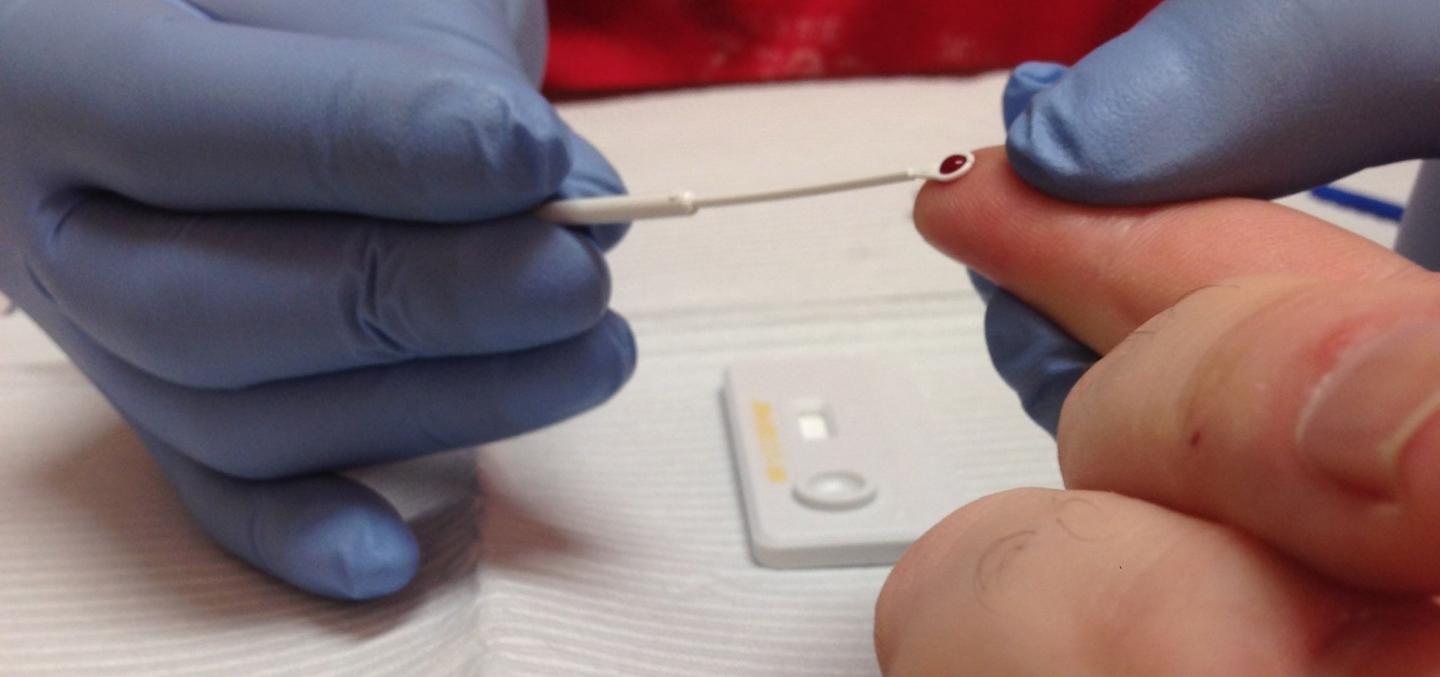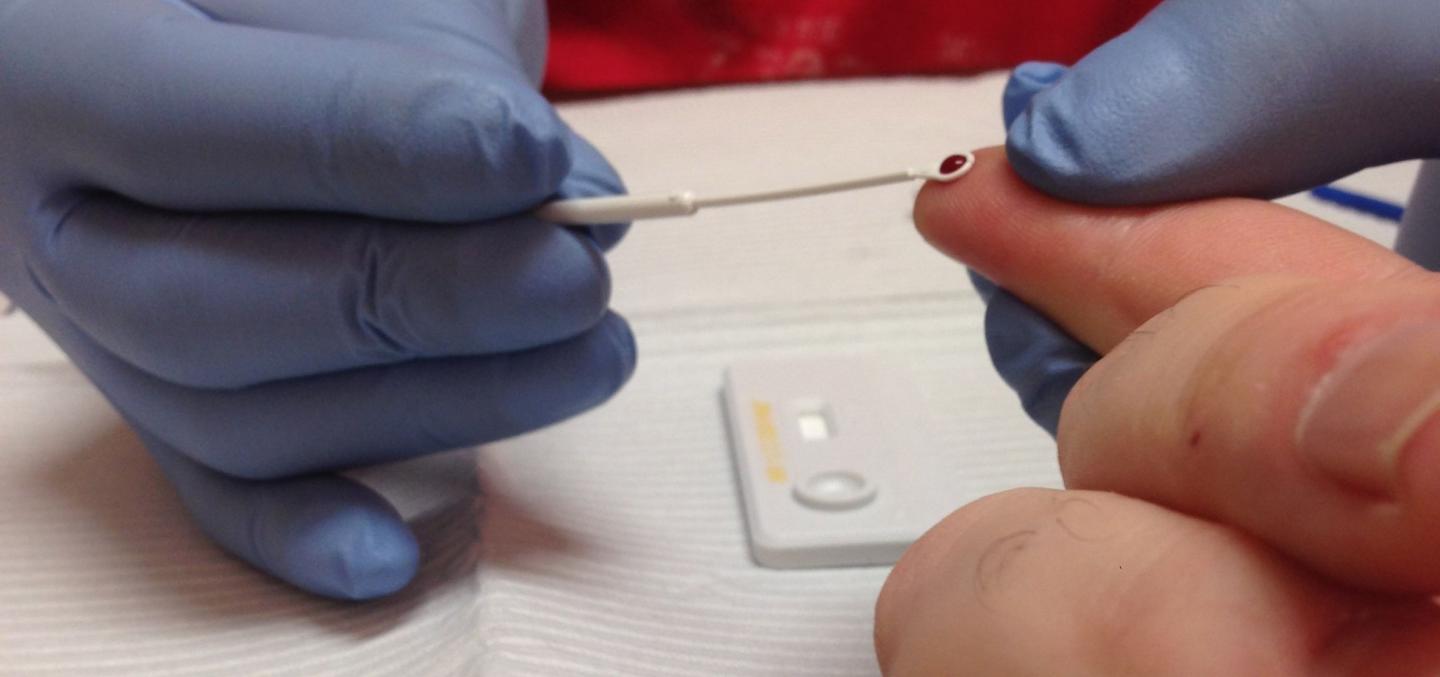
Credit: varnent / LGBT Free Media Collective
Almost 40% of people previously diagnosed with HIV do not disclose their HIV status during diagnosis campaigns, leading to unnecessary retesting. In addition to wasting valuable resources, this phenomenon can distort indicators of progress towards the UNAIDS targets. These are the conclusions of a study performed in Southern Mozambique and led by ISGlobal – an institution supported by the "la Caixa" Foundation – in collaboration with the Manhiça Health Research Centre (CISM).
In 2014, UNAIDS set the goal to reach the 90-90-90 target by 2020: diagnose 90% of people infected with HIV, treat 90% of seropositive people, and achieve viral suppression in 90% of treated persons. Progress has been made in several African regions, but awareness of HIV status remains one of the challenges. This goes beyond diagnosis: it also requires accepting the result, understanding the implications, and willingness to disclose the status to others, including health counsellors. Failure to do so can lead to unnecessary repeated testing or dropping out of care.
In this study, the research team sought to characterize the people living with HIV that do not disclose their serological status during a diagnosis campaign in Manhiça district, with 174,000 inhabitants and a high HIV prevalence (40% of adults). Of 1179 people registered as HIV-positive, more than one third (36%) did not disclose their previous positive diagnosis to counsellors. Most of them were young, had dropped out of care, and had no history of antiretroviral treatment.
The high percentage of people that know are infected but decide not to disclose it can lead to an overestimation of new HIV cases thereby distorting programme indicators, particularly in countries like Mozambique where HIV testing is anonymous.
"These results suggest that we are maybe closer the first UNAIDS target (90% of diagnosed people) and that we have to concentrate efforts on scaling up treatment delivery and reaching HIV positive individuals that have dropped out of care" says Denise Naniche, ISGlobal researcher and coordinator of the study.
The reasons for not disclosing HIV status may include not believing the result, thinking that some time of treatment has cured them, or fear to stigma. Therefore, the authors underline the need to develop interventions that "ensure appropriate psychosocial support to encourage the population to disclose their status and optimize scarce resources".
###
Media Contact
Adelaida Sarukhan
[email protected]
34-932-271-816
http://www.isglobal.org/en/
Original Source
https://www.isglobal.org/en/new/-/asset_publisher/JZ9fGljXnWpI/content/en-el-sur-de-mozambique-una-de-cada-tres-personas-previamente-diagnosticada-con-hiv-no-revela-su-estatus http://dx.doi.org/10.1002/jia2.25095





